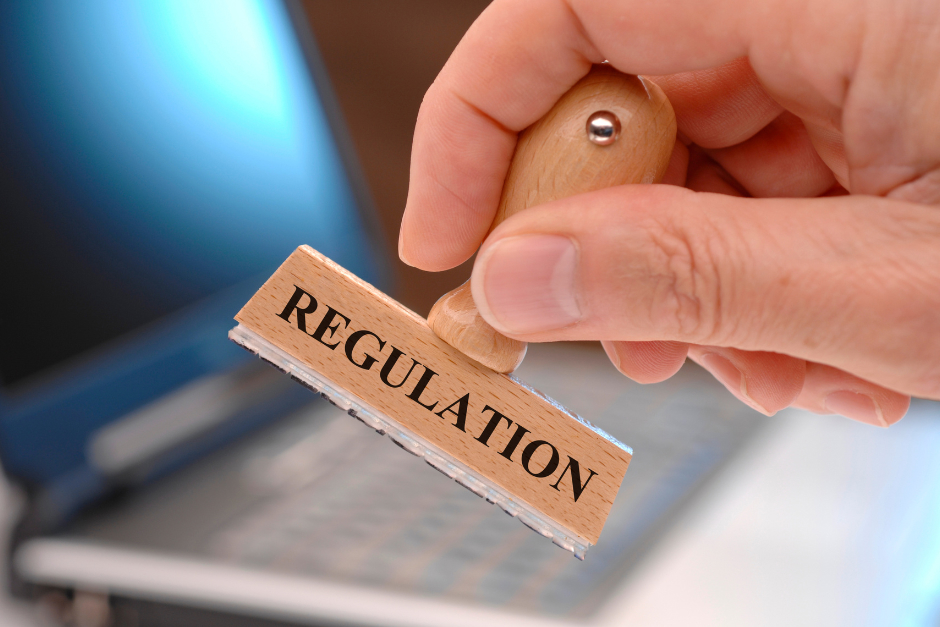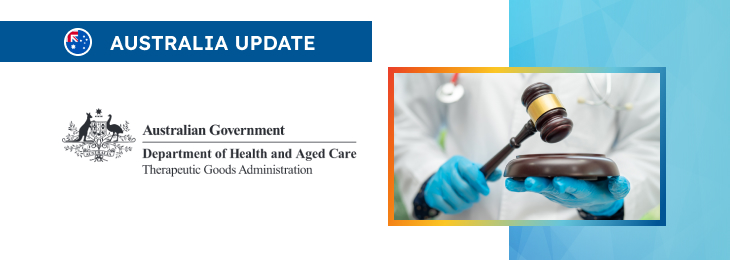The article provides an overview of the official notice describing the changes to the Australian regulatory framework for medical devices.

Table of content
The Therapeutic Goods Administration (TGA), an Australian regulating authority in the sphere of healthcare products, has published an official notice dedicated to the Australian regulatory requirements for medical devices. The document provides an overview of the changes to the existing legal framework, as well as additional clarifications and recommendations to be taken into consideration by medical device manufacturers and other parties involved in order to ensure compliance.
Introduction
According to the said notice, the regulation of medical devices has undergone significant updates, affecting various categories including software-based devices, prescription spectacle lenses, and devices containing microbial, recombinant, or animal substances. These changes also encompass new requirements for medical device application audits and a reliance pathway for class III devices.

Medical Devices Containing Microbial, Recombinant, or Animal Substances
From July 1, 2024, Classification Rule 5.5 has been revised to apply exclusively to medical devices that include non-viable tissues or cells of animal origin (excluding tissues or cells from hair or wool) and their derivatives, barring sintered hydroxyapatite or tallow derivatives. This rule excludes devices containing substances of microbial or recombinant origin and continues not to apply to devices that contact only intact skin.
Furthermore, new applications for devices containing microbial, recombinant, or animal substances must adhere to the amended Classification Rule 5.5 and other relevant classification rules. Sponsors must submit reclassification applications by July 1, 2026 and may continue supplying under existing ARTG entries unless reclassification is unsuccessful.
Conformity Assessment Evidence Requirements
The document further explains that effective July 1, 2024, changes to the Therapeutic Goods (Medical Devices – Information that Must Accompany Application for Inclusion) Determination 2018 allow for the acceptance of comparable overseas approvals from a broader range of jurisdictions for devices containing microbial, recombinant, or animal substances.
Software-Based Medical Devices
The document also covers the aspects related to software-based medical devices. In particular, it is stated that transitional arrangements provided in February 2021 for software-based medical devices transitioning to a higher-risk classification will end on November 1, 2024.
The amended requirements, effective from June 15, 2024, permit sponsors who have notified the transition and applied for a TGA conformity assessment certificate by November 1, 2024, an additional six months post-certificate issuance to submit their ARTG inclusion application.
Thus, these sponsors can continue to supply their devices past November 1, 2024 until a decision is made on their application, provided they notify the transition before May 25, 2022.
Medical Device Application Audit Requirements
As further explained by the TGA, from July 1, 2024, mandatory application audits will focus on high-risk medical devices and in vitro diagnostic (IVD) medical devices. The new reliance pathway includes Class III devices with Medical Device Single Audit Program (MDSAP) certification and US FDA 510(k) approval.
Mandatory audits will apply to Class III devices supported by EU Medical Device Directive (MDD) certification, MDSAP certification, and US FDA 510(k) approval. Mandatory application audits will also encompass Class 3 and 4 IVDs, Class 3 and 4 in-house IVDs, IVDs for self-testing, and point-of-care testing IVDs supported by MDSAP certification, ISO 13485 certification, or EU IVD Directive certification.
New Requirements for Class III Applications
For Class III device inclusion applications, sponsors must include the Clinical Evaluation Report (CER) and Instructions For Use (IFU), effective for all Class III applications except those with TGA-issued conformity assessment certificates.
Prescription Spectacle Lenses
From June 15, 2024, prescription spectacle lenses are exempt from the requirement for inclusion in the Australian Register of Therapeutic Goods (ARTG) prior to import, export, or supply in Australia. More detailed information is available under Prescription lenses: exempt medical devices.
Conclusion
In summary, the regulatory updates described hereabove reflect an evolving landscape for medical devices, emphasizing stringent conformity assessments and audits, particularly for high-risk and advanced technology devices, introduced in order to mitigate the relevant risks, and ensure continued safety and proper performance of medical devices. The above requirements would apply to the relevant parties intended to market their products on the Australian market.
How Can RegDesk Help?
RegDesk is an AI-powered Regulatory Information Management System (RIMS) designed to simplify global compliance for medical device companies. With regulatory intelligence covering 120+ markets, RegDesk helps you prepare and publish global submissions, manage standards, conduct impact assessments, and stay ahead of regulatory changes all from a single, centralized platform. Expanding into new markets has never been easier.

